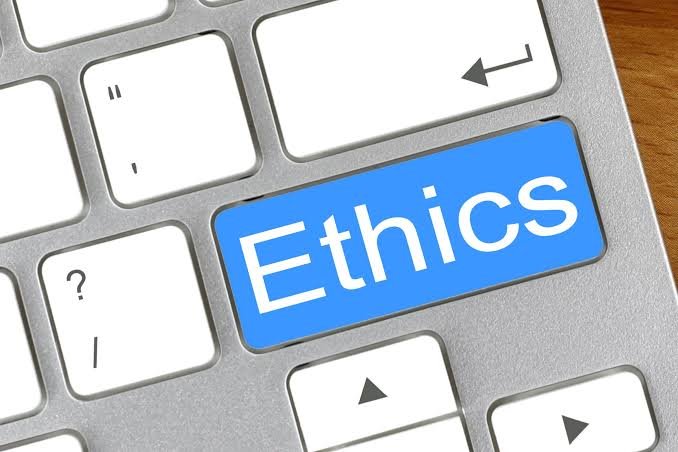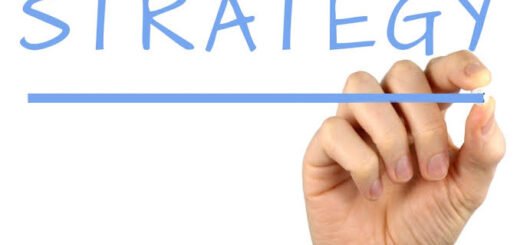Human Resource Management-Related
Ethics Activities

Human Resource Management-Related
Ethics Activities
Selection- One writer says, “The simplest way to
tune up an organization, ethically speaking, is to hire more ethical people.” This can start before the applicant even applies, by creating recruitment materials with explicit references to the firm’s emphasis on ethics. Employers can then use tools such as honesty tests and meticulous background checks to screen out undesirables. Also, ask behavioral questions such as, “Have you ever observed someone stretching the rules at work? What did you do about it? And, “Have you ever had to go against company guidelines or procedures in order to get something done?”
The apparent fairness of the selection process is important.
Ethics Training. For all practical purposes, ethics training is mandatory. Ethics training usually includes showing employees how to recognize ethical dilemmas, how to use ethical frameworks (such as codes of conduct) to resolve problems, and how to use human resource activities (such as interviews and disciplinary practices) in ethical ways.
Performance Appraisal-Performance appraisals are uniquely personal and important matters to most employees, and employees therefore enter the appraisal interview with a heightened sensitivity regarding fair treatment. To most employees, unfairness here reflects not just the supervisor’s actions, but also the employer’s inaction, in having not taken the necessary steps to prevent the unjust treatment.
How the supervisors do the appraisals is important. Studies and practical experience) confirm that, in practice, some managers ignore accuracy and honesty in performance appraisals and instead use the process for political purposes (such as encouraging employees with whom they don’t get along to leave the firm). Few things can send a more damaging signal about how fair and ethical the company is. To send the signal that faimess is paramount, standards should be clear, employees should understand the basis upon which they’re going to be appraised, and the appraisals themselves should be performed objectively and fairly
Reward and Disciplinary Systems-To the extent that behavior is a function of its consequences, the employer needs to reward ethical behavior and penalize unethical behavior. Research suggests that “employees expect the organization to dole out relatively harsh punishment for unethical conduct.” If the company does not deal swiftly with unethical behavior, it’s often the ethical employees, not the unethical ones, who feel punished.
Workplace Aggression and Violence-Workplace aggression and violence and increasingly serious problems, as well as problems that often stem from real or perceived inequities. Employees who see themselves as unfairly treated or underpaid may take negative actions ranging from employee theft to destruction of company property. Many human re source actions, including layoffs, being passed over for promotion, terminations, and discipline can prompt unfair treatment perceptions that translate into dysfunctional behavior.
(One employee, believing his dismissal was inhumane, retaliated by causing almost $20 million in damage to his employer’s computer systems.)



